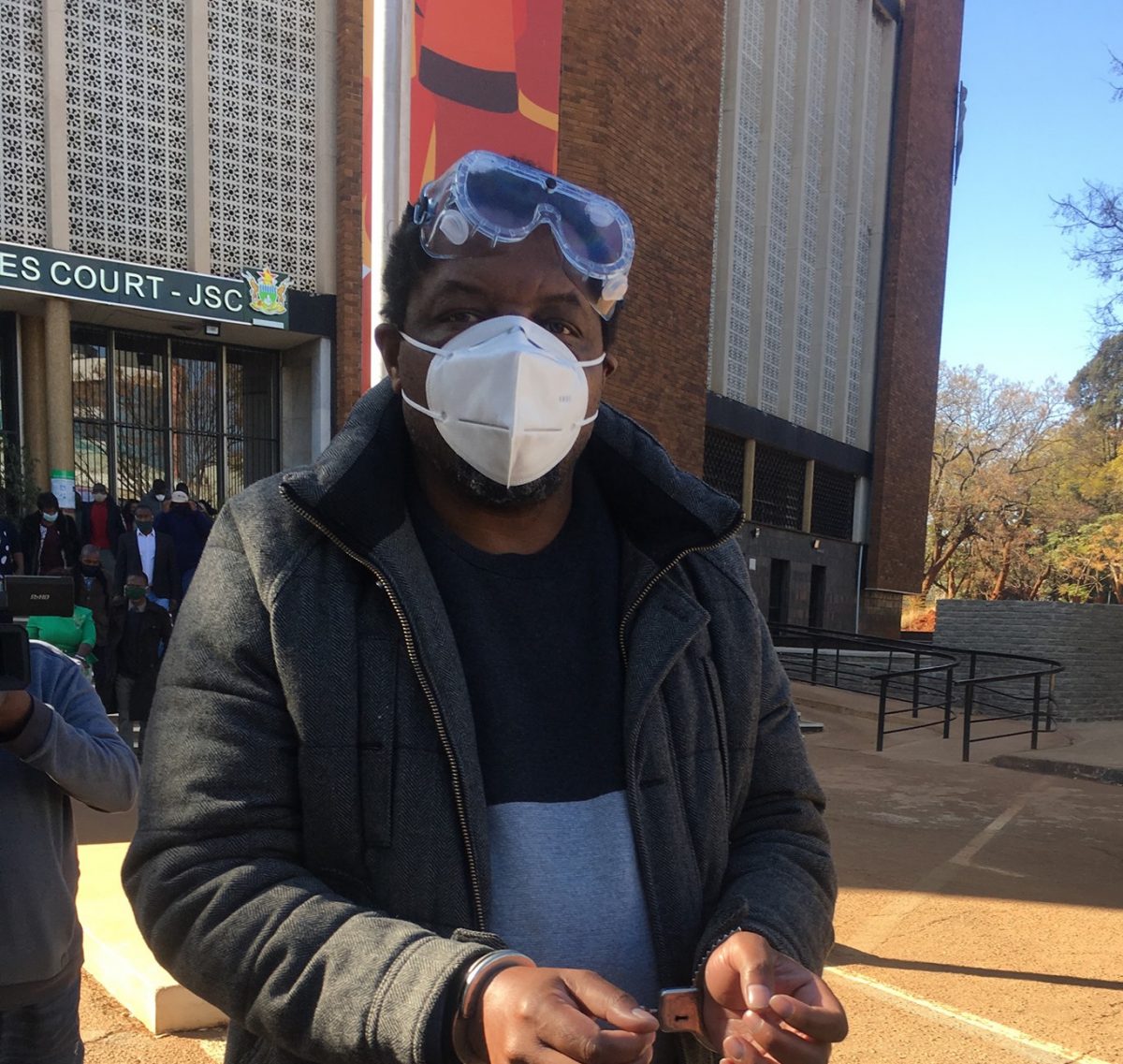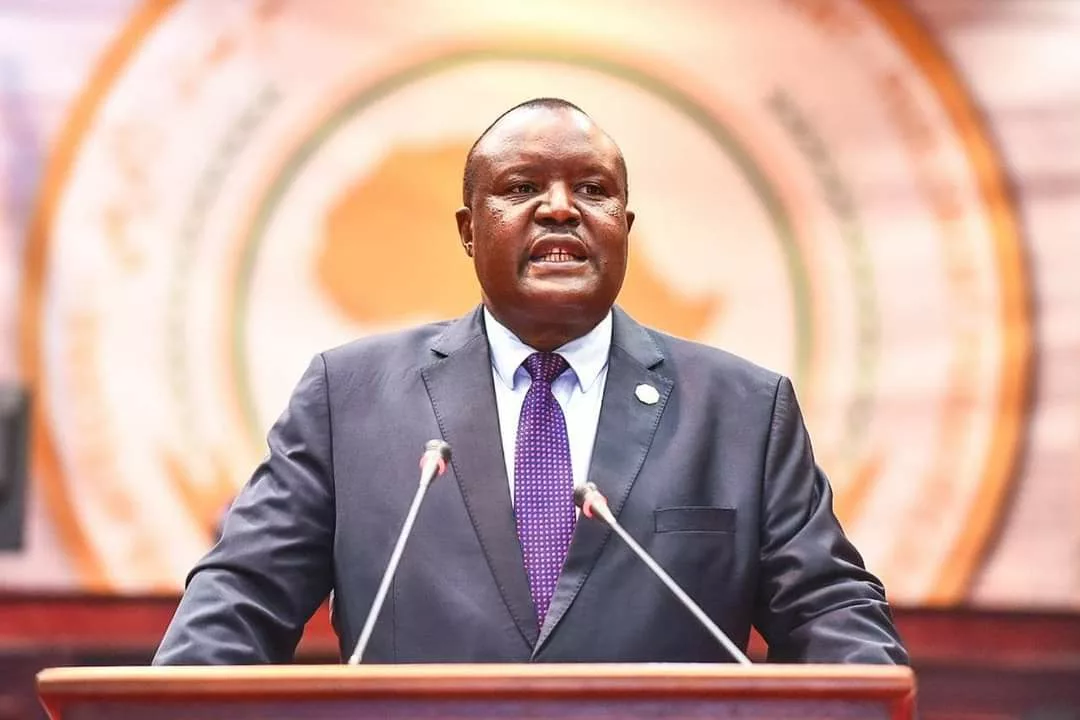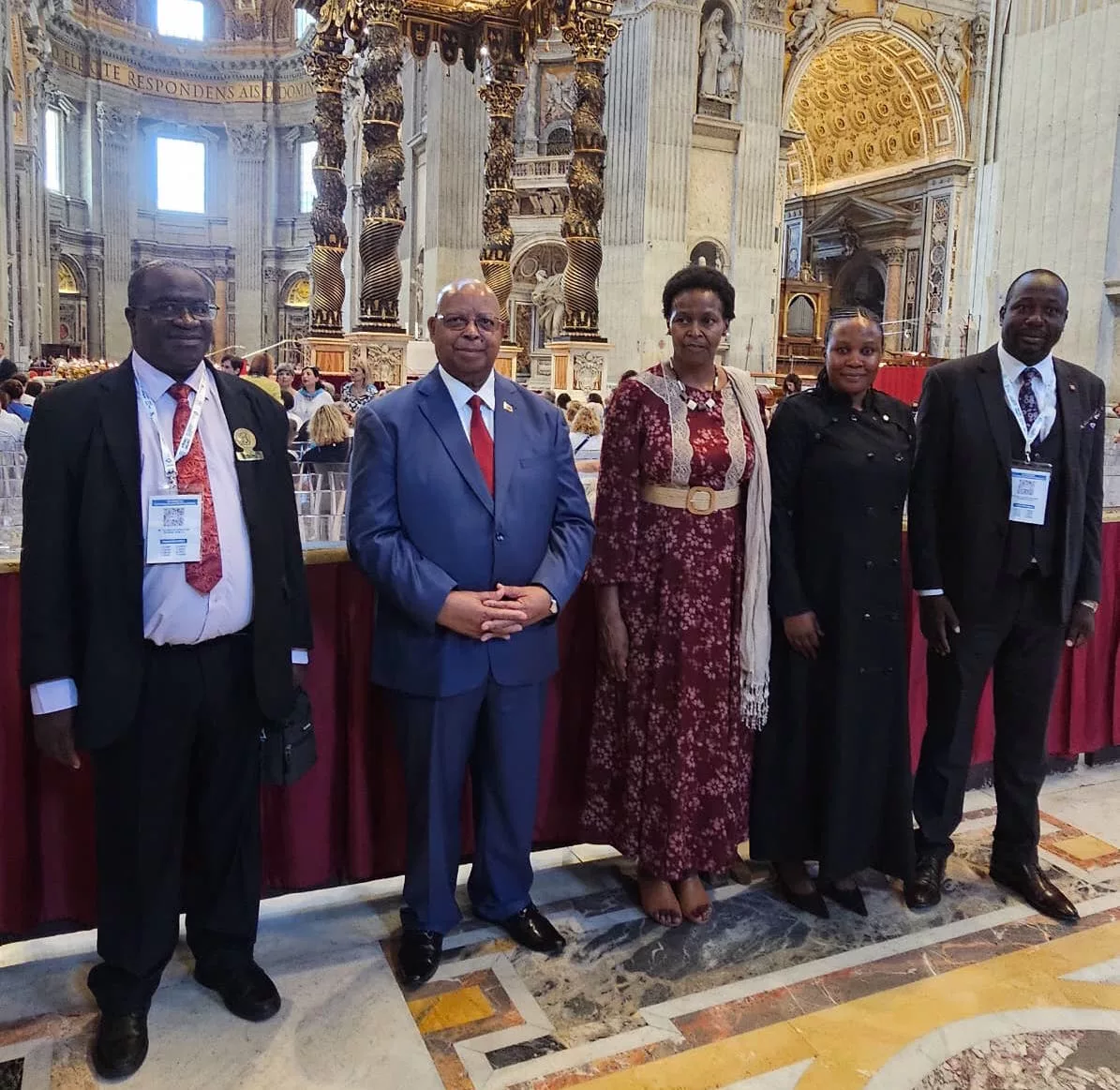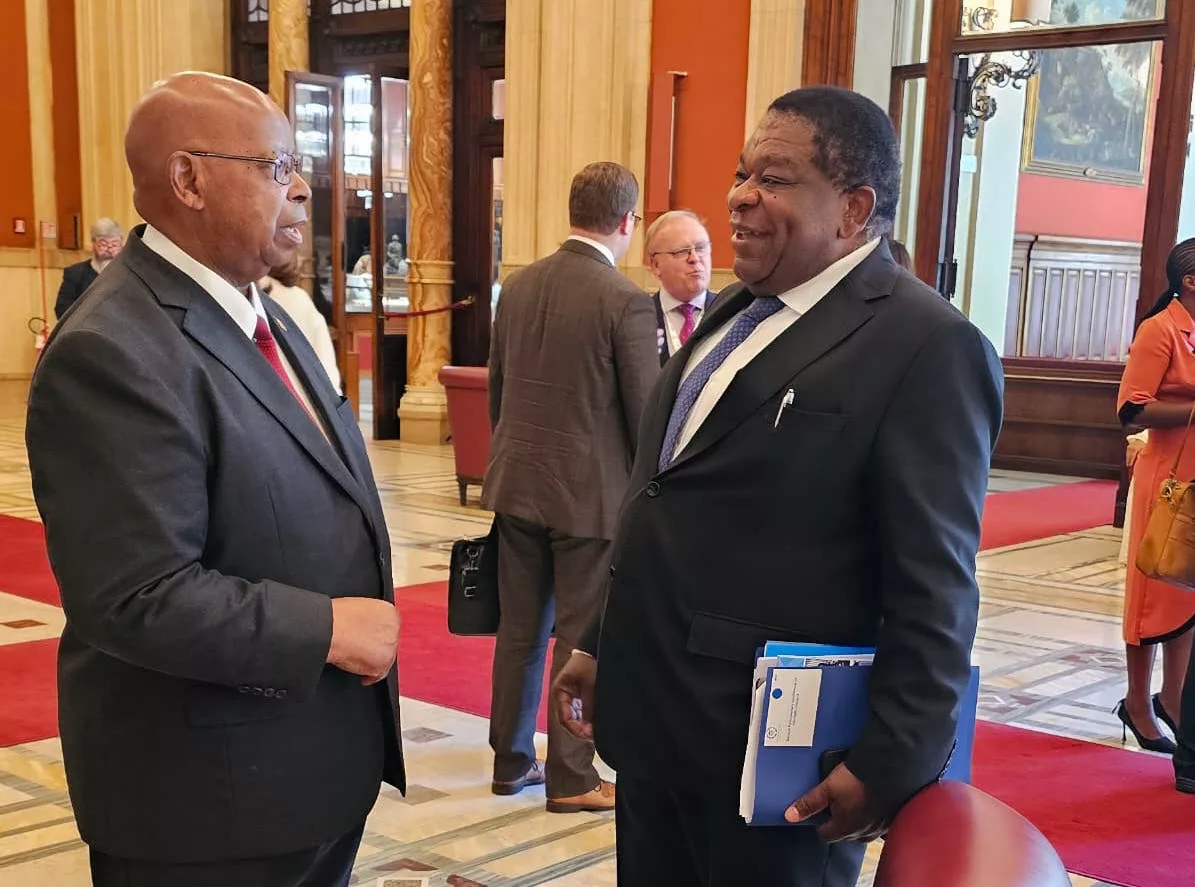By Veritas
The Right to Bail
Bail is a way by which people who have been arrested for a criminal offence can be allowed to go free until they are tried for the offence. What happens is that after arresting a person the police must bring them to a court ‒ usually a magistrates court ‒ within 48 hours so that the magistrate can decide whether there is enough evidence to justify putting them on trial for the offence and, if there is, whether the person should be kept in prison until the trial or should be released and allowed to go free. If the magistrate decides the person should be released, the magistrate normally imposes conditions to ensure the person will stand trial and that he or she will not in the meantime interfere with witnesses or commit further offences. Persons released in this way are said to be “released on bail”.
Importance of Bail
People who are awaiting trial should be released on bail whenever possible, for several reasons:
· They have not yet been convicted of an offence and so the law presumes them to be innocent. Quite a large number of them are in fact innocent. It would be unjust to imprison them before their trial.
· Allowing them to go free pending trial enables them to consult their lawyers and prepare for trial. It is difficult to do this from prison.
· Keeping people in prison is expensive for the State and deeply humiliating for the people concerned.
· Finally, and most importantly, section 50(1)(d) of the Constitution states that anyone who has been arrested:
“must be released unconditionally or on reasonable conditions, pending a charge or trial, unless there are compelling reasons justifying their continued detention”.
In other words, they must be granted bail unless there are compelling reasons not to do so.
On the other hand, it has to be accepted that many people awaiting trial will be convicted, that some may be tempted to abscond, some may commit further offences, and some may try to interfere with witnesses and evidence. If the likelihood of any of these happening is strong enough it may amount to a compelling reason for keeping the persons in prison.
Decisions on bail
A court must balance all these considerations when deciding whether or not a person should be released on bail, and must weigh them fairly in the interests of justice. The weightiest consideration of all however is that persons awaiting trial must be released unless there are compelling reasons for detaining them. It is weightiest because it is mandated by the Constitution itself.
Some further points must be made:
· Except where a person is alleged to have committed very serious crimes against public security, the prosecution bears the burden of showing that there are compelling reasons for denying him bail. This is because the person is presumed to be innocent; it is also mandated by section 115C(2) of the Criminal Procedure and Evidence Act [link].
· Decisions on bail must be made quickly, because they affect the liberty of individuals. Courts have emphasised this in the past, and rules of court state that bail applications and appeals must be set down “with the utmost urgency”.
· Magistrates and judges hearing bail applications must try to get as much information as they can to decide the applications fairly. Even if the applicants are represented by lawyers, magistrates and judges should play an active role and, if they need information on a particular point, they should take steps to get it.
All this brings us to Mr Hopewell Chin’ono, who has been ill used by the justice system.
The Case of Hopewell Chin’ono
Mr Chin’ono is an investigative journalist who has done much to uncover corruption among the highest levels of Zimbabwe’s élite. He was arrested on the 20th July and charged with inciting public violence on the basis of tweets he published urging people to join demonstrations against corruption which were scheduled for the 31st July. He was brought to court after his arrest and applied for bail, but the magistrate delayed his decision until the 24th July, when he refused it on the sole ground, apparently, that Mr Chin’ono had not “completed his mission” of urging people to participate in protests on the 31st July. The magistrate refused bail on this ground even though he seems to have accepted that the prosecution case against Mr Chin’ono was not strong ‒ which it wasn’t, as we shall point out later.
Mr Chin’ono’s lawyers then appealed to the High Court against the magistrate’s refusal of bail. The appeal was heard on the 3rd August and the judge delivered his judgment on the 6th ‒ 17 days after Mr Chin’ono’s arrest [remember that bail appeals must be set down with the utmost urgency and, by implication, should be dealt with quickly]. The judge dismissed the appeal, holding that the magistrate had not misdirected himself [i.e. erred in his assessment of the facts or the law] in refusing bail. With respect, the judge was wrong, for the following reasons:
· Both the magistrate and the judge interpreted one of Mr Chin’ono’s tweets, in which he said “Zimbabwe will never be free of these looters through elections, it is a waste of time”, as meaning that he was urging violence. That interpretation was a misdirection because it went too far: governments have been known to resign as a result of peaceful protests. Mr Mugabe did just that when confronted with massive peaceful demonstrations against his rule.
· The magistrate failed to consider whether Mr Chin’ono could be released subject to conditions that would prevent him from issuing further calls for protests. The judge agreed with the magistrate, saying that Mr Chin’ono’s lawyer had not suggested suitable conditions. With respect, it was for the magistrate to suggest possible conditions and debate them with the prosecutor and Mr Chin’ono’s lawyers; indeed the magistrate should have asked Mr Chin’ono if he was willing to refrain from further tweeting.
· If the magistrate accepted that the State did not have a strong case against Mr Chin’ono ‒ as he appears to have done ‒ he should have allowed bail. The State case, based on the tweets, was as insubstantial as a soap bubble. No one should be kept in prison awaiting trial on such allegations.
· If the judge had been really concerned about liberty of the individual and upholding the spirit of section 50(4) of the Constitution, he should have considered treating Mr Chin’ono’s appeal as a fresh application for bail based on changed circumstances ‒ the change being that the date of the protests allegedly incited by Mr Chin’ono had passed without serious incidents.
The judge criticised Mr Chin’ono’s lawyers for raising the weakness of the State case in their appeal against the magistrate’s decision on bail. He said ‒ rightly ‒ that their criticisms related to the question whether Mr Chin’ono should have been remanded at all. As we said at the beginning of this bulletin, when an arrested person is brought before a magistrate the first question the magistrate has to decide is whether there is enough evidence against the person to justify remanding him for trial. So in a narrow sense the judge’s criticism was correct, but:
· The strength of the State case is relevant to bail because if the case is very weak ‒ as it seems to be here ‒ then the person has little incentive to try to evade justice: he is not likely to run away, in other words.
· It is perfectly proper for lawyers who dispute the case against their client but want to get their client freed on bail quickly, to defer their challenge to the State case while they apply for bail. In such circumstances there is nothing wrong with a lawyer reserving the client’s right to challenge the remand at a later date. Not only is it not wrong, it is the correct thing to do: lawyers have to act in their client’s best interests, and they would not be doing so if they left their client languishing in prison while they embarked on lengthy arguments about whether the client should be remanded.
Further Developments
On the 7th August, without notice to his lawyers, Mr Chin’ono was moved from remand prison in Harare to Chikurubi Maximum Security Prison. No explanation was given for the move and it is difficult to understand the reason for it. If the State has further charges against him that warrant holding him in maximum security then the State should have brought him to court and charged him with them.
When Mr Chin’ono’s lawyers went to see him in Chikurubi they were not permitted to consult with him in private, without a prison officer within earshot. This, they were told, was mandated by the prison Standing Orders. If so, the Standing Orders violate the right of prisoners, under section 50(1)(b) of the Constitution, to consult in private with his legal practitioners. And, incidentally, the same section gives him the right to consult in private with a medical practitioner of his choice.
Subsequently Mr Chin’ono’s lawyers made a fresh application for bail in the magistrates court. When the application was heard on the 12th August, the prosecution applied for the hearing to be in camera ‒ i.e. in private ‒ because Mr Chin’ono’s evidence of the conditions under which he was kept might breach “prison protocol on security”. The magistrate granted the application, though it is hard to see how Mr Chin’ono’s evidence could endanger prison security. In any event it is surely in the public interest for conditions in our prisons to be disclosed.
The prosecutor has now made an application for Mr Chin’ono’s senior lawyer, Mrs Beatrice Mtetwa, to be barred from representing him because, so he alleges, she publicised the bail proceedings in breach of the magistrate’s order. The allegation is improbable, the remedy sought outrageous. Mrs Mtetwa is a very senior lawyer, recognised by distinguished international awards, and is well aware of the need to abide by court orders, even those she disagrees with. If she breached an order then disciplinary action can be taken against her. A court cannot however deny Mr Chin’ono his right, guaranteed by section 70 of the Constitution, to be represented by her, nor can the court prevent her from carrying out her professional duty to represent him.
The magistrate has adjourned the case until next Tuesday to consider the prosecution’s application. And police officers have twice gathered outside Mrs Mtetwa’s office, in an apparent attempt to intimidate her.
In a subsequent development a High Court judge has issued an order, on the urgent application of Mr Chin’ono’s lawyers, that prison authorities must grant him his basic human rights while he is in custody – proper food and clothing, access to his lawyers and family and friends and to treated in line with the Constitution.
Apart from that ray of light, these are dark days for Zimbabwe’s justice system.
And Mr Chin’ono remains in prison, 26 days after his arrest.






